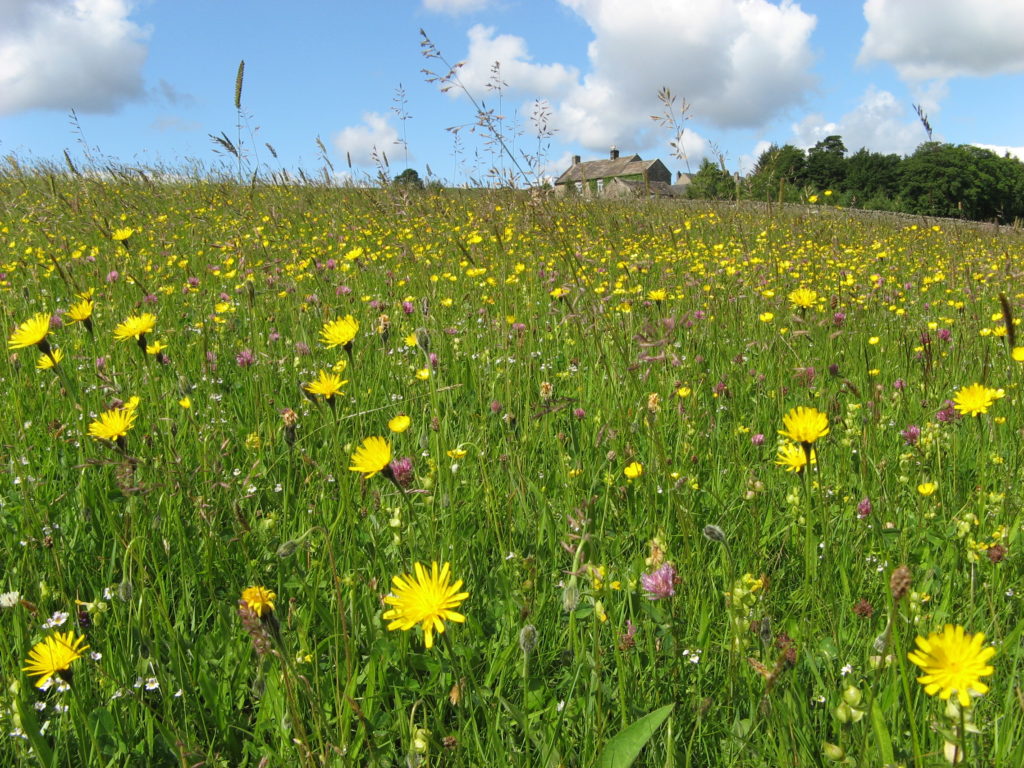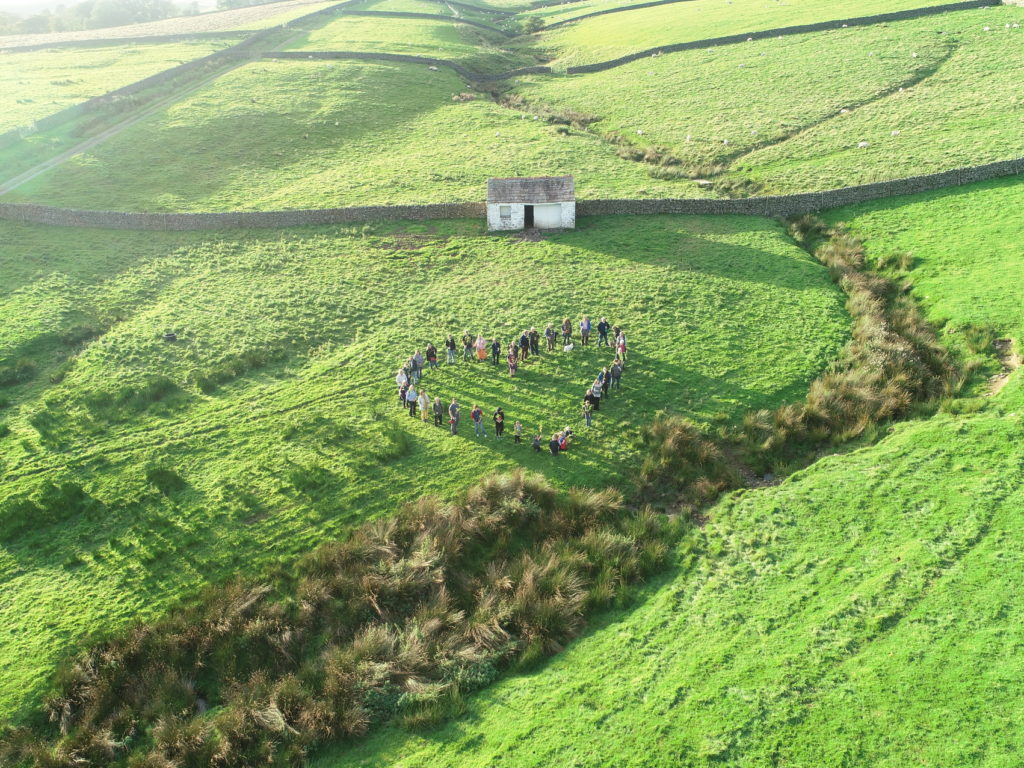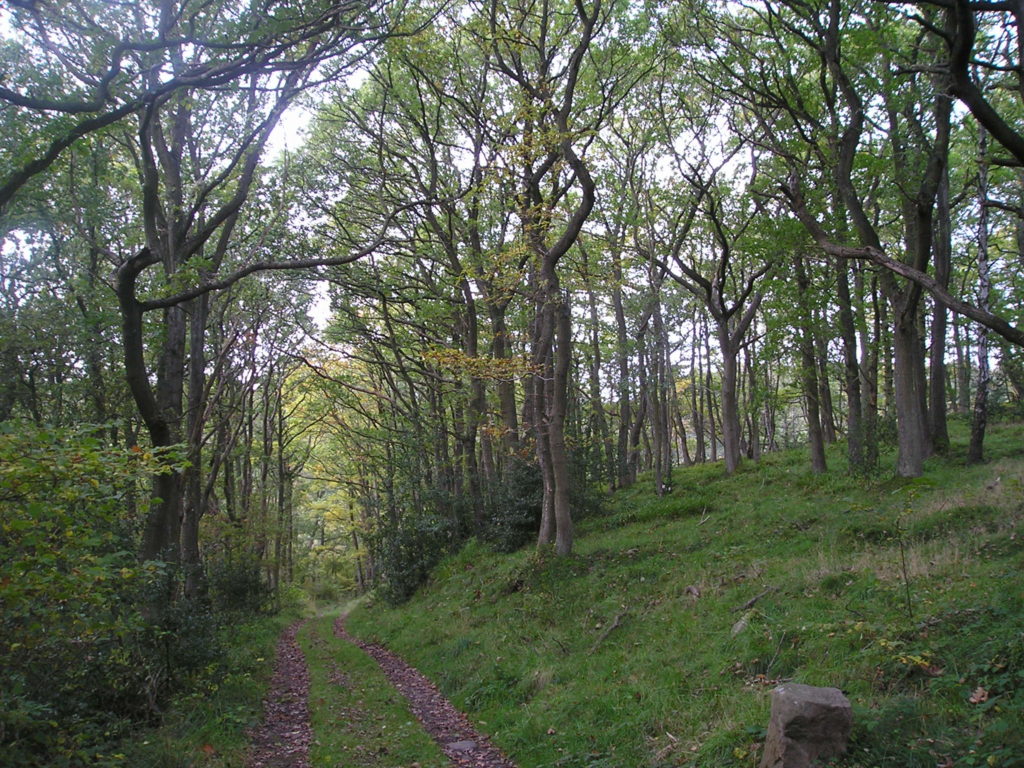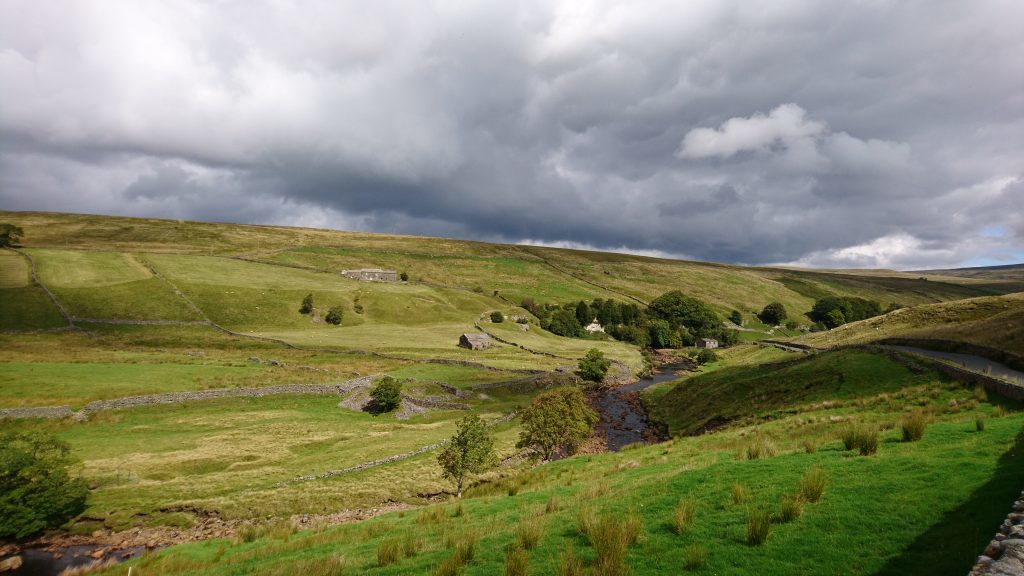News
Moorland fires
Moorland fires
In dry weather there is a real danger of moorland wildfires which cause huge damage to the land, to rural businesses and to the wildlife that lives on our moorland. Not only can fires spread very quickly, they can burn for days, weeks or even months and are very costly and difficult to put out.
Important wildlife and landscapes
The peatlands of the North Pennines are recognised as internationally important. Wildfire is a huge threat to these globally significant habitats, destroying wildlife, killing livestock and burning deep into the peat. In spring, when there is risk of wildfire, many ground-nesting birds are making use of these habitats to breed, and they too are at risk. Wildfires are different to managed moorland fires which are carried out for land management purposes. Where permitted, these are controlled and carried out under suitable weather conditions outside the nesting season. Wildfires are unplanned, uncontrolled and usually accidental. The emergency services are notified of planned burns in advance.
Why we protect our peat
For the last 15 years, there has been a huge amount of investment in peatland restoration in the North Pennines AONB and in other upland areas. Healthy peatlands are vital ecosystems which help to tackle climate change and reduce the risk of floods in villages, towns and cities downstream. Moorland fires can undo all of this hard work, not only wasting money but actively contributing to further climate change. After severe fires, the seeds and spores found within the peat are killed off, meaning that plants cannot grow back, permanently scarring the landscape and increasing damage from erosion, surface water run-off and water discolouration.
Not only do moorland fires cause irreparable damage to these important habitats, they also put firefighters’ lives at unnecessary risk, are extremely difficult and costly to put out and add extra pressure to our already stretched key workers and emergency services.
Degradation of blanket bogs throughout much of the UK mean that they are drier than they should be and catch fire very easily. Dry weather and high winds spread fire much faster, rapidly damaging huge areas of our landscape. Moorland fires can also spread underground, continuing to burn unseen through the layers of peat for long periods of time before re-emerging elsewhere, setting the surface vegetation alight. Small fires that may appear to be extinguished could still be causing damage underground.
How to prevent moorland fires
Moorland fires are most commonly started by campfires, barbecues and discarded cigarettes and glass bottles. It only takes a single spark to trigger catastrophe in such dry conditions even when being careful, so please follow some simple rules to prevent fires:
- don’t light fires or barbecues in the countryside, unless they are in a permitted place
- don’t smoke on the moors
- take your litter home with you.
If you see fire or smoke on the moors it is important to call 999. Fast reporting is vital to catch small fires early and stop them from becoming huge ecological disasters.
There have been devastating blazes across the country in recent months and years, and some of which have taken firefighters weeks to get under control. Please protect our moorlands.
#BeFireAware
#BeMoorAware











